“It was an exciting risk to take in an already risky business”: Judy Reyes on Birth/Rebirth
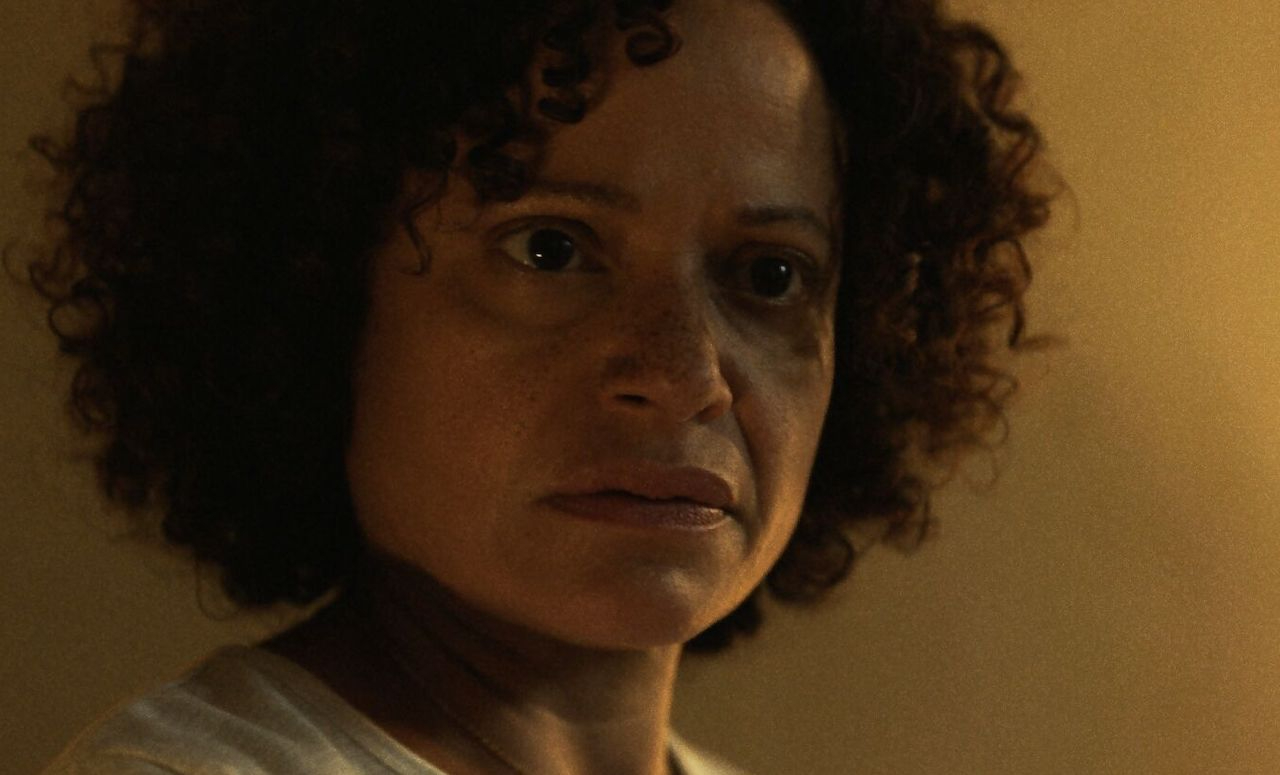
There must be something in the air because, just as Yorgos Lanthimos’s Poor Things lands in UK cinemas, so arrives another riff on Mary Shelley’s Frankenstein. Born out of an idea that had been percolating for years in the mind of filmmaker Laura Moss since reading the seminal 1818 novel at school, and co-written with Brendan J O’Brien, this a bold, feminist take that explores, with blacker-than-coal humour, themes of motherhood, loss and murky ethical waters.
Marin Ireland and Judy Reyes star as Rose, a morgue technician with a hobby of experimenting on bringing all manner of beings back to life, and her unlikely comrade, Celie, an overworked but kindly nurse distraught at the sudden loss of her daughter. After premiering at Sundance Film Festival 2023 to critical acclaim due to its unique blend of visceral body horror and psychological depth, the movie is now landing here in the UK.
In an exclusive interview, we sat down with Reyes, who shared her insights into her character, working alongside Ireland and Moss and the threads that run through the movie.
Hi, I’m Sarah from The Upcoming, a real pleasure to speak to you today. Could you introduce Birth/Rebirth? It’s quite an out-there concept for movie! What can audiences expect?
My name is Judy Reyes, I play the role of Celie in the film Birth/Rebirth, which is I would say, a horror-thriller, feminist retelling of Frankenstein, if you will. We have the magnificent Marin Ireland who plays Rose and she’s a surgeon who’s kind of obsessed with recreating life, and I play a nurse, ironically enough, who’s extremely busy, and to make a long story short, loses her baby only to find out that Marin Ireland’s character Rose has taken her body to use it for furthering her experiment of recreating life or bringing people back to life. And once I find out that she’s been doing that with my child, I completely ally myself to her to do everything we can to keep her alive.
Great summary! I had the pleasure of speaking to Laura not too long ago, and heard the backstory that, having read Frankenstein at school, they’d been sort of ruminating on this idea since, of seeing it through this feminist lens. It’s quite a mad concept: very bold, very dark and at some points quite comedic. When you read that script, what did you first think? Did you have any trepidation about taking it on?
You know, my manager presented to me with the backstory that Laura Moss has been working on this story for a long time and that they’d written it with me in mind. So my actor’s ego went, “Really?! Alright, let me take a read…” And then I read it, and although I’ve never actually read Mary Shelley’s Frankenstein, I’ve seen all the incarnations of the films and it made nothing but sense to me, in terms of being a parent in a service role who’s too busy and then suddenly loses their child – you only create the space to fix it, but not actually grieve it or accept it. And that’s the engine for Celie. I relate to being the parent or breadwinner, to be the one that’s like, “Okay, it happened. How do we fix it?” And do everything that I can do to redeem myself for my gigantic error of letting my little seven or eight-year-old die. It makes sense to me – particularly as women who give birth, who control the situation anyway – how do we make it better instead of how do we change the world forever?
Coming to your character, what seems to work so well is that Marin’s Rose and Celie are so contrasting, right from the get-go. Rose is quite an unsettling character, cold and withdrawn. Then Celie is very warm, and you can tell she’s an amazing mother, though drained by her work as a nurse. But then they align themselves with each other. So how did you see her and rationalise, as you were just explaining, how she would go to the lengths that she ends up going to and be led along by Rose?
It’s a great question, because before I got into these interviews, I found my book of notes, my journal as the character, and I started reading and I understood that what I created at the time was, I think: Celie is very much like Rose in terms of whatever her ambitions were in the field that she is in, I think she relates to being able to fix, heal, make things better, change things. So I think she’s the softness where Rose gets to land, and that she gets to rely on her to make things better that she can’t. And I think that’s something that a character like Celie, also playing a nurse in a hospital, just understands: you really just have to get past the doctors to be able to do what you can for the patients, and the doctors are only science. So that experience fuels the relationship that she can participate in and ultimately manipulate, with Rose’s help.
And Marin, what an incredible performance, alongside yours, as Rose. What was it like working with her, not only on the darker aspects, but on this great comedic tone that’s perhaps born out of the contrast between what they’re doing with their experiments and then bickering like this old married couple and making pack lunches etc. How did you work with her and bounce off her to make this come to life?
She’s such a wonderful character actor, she’s an incredibly funny person. Just the coldness with which she approached it, it was really f*cking hilarious to be around her. And then, the two of us, with Laura, dealing with the pig, it only created space for humour, because things are completely f*cked up until they’re funny, and then they’re f*cked up again. There was a mutual understanding that we had – we cracked each other up all the time. Plus, the added help of an independent film environment creates the circumstances under which you just have to laugh and make it work. It was all fuel, conducive to what we were proud was the result of the movie.
Did you bring any of your experience from being on Scrubs?! Whether the comedy or medical side – or both?!
Yeah, I think it’s just part of the storytelling, more than, of course, my experience with it. And I think all those years of playing that character who is, in a different way, in the position to always need to navigate the status quo, just to make it work for you so that you can go home and take care of your kid. And all that stuff that I learned back then, it was great to inject it in a more serious and dark tone.
Some scenes go into so much graphic, realistic gory detail, then others are quite dark and harrowing or emotionally intense. Which did you find most challenging to pull off, and on the flip side, what might have been some of the highlights?
Anything with the pig was really hard. The pig was like a complete, upstaging diva who never did what she was supposed to do. And she was trained! So it was both funny and really difficult. Working with Laura, there was so much that I learned with them as a filmmaker and I give complete credit to them for crafting the character that was there: there were such nuances, and it’s the pulling away of a lot of things that created that hard, dark, creepy, almost funny aspect. They played such close attention to that. And it has everything to do with the story that they also co-wrote. Then this kid AJ, who played my little baby, was a magnificent energy and a force and presence and just created the space to completely fall in love with her and experience that loss and enjoy the company when she was there. And just an entire crew of mostly women, talented, really hard-working, dedicated people – that’s the best recipe, you’re working with a lot of people who love what they do and really believe in this film. And so you just establish a relationship and it becomes a story that you’re proud to have been a part of, proud to have told no matter what happens.
There’s been a recent spate of female-led horror films lately, and it seems that it’s a genre that allows you to explore aspects of the female experience but from a completely different angle, letting your imagination run wild. In Birth/Rebirth, questions are raised about what it means to be a mother, the connection that can be created between parent and child whether biological or not, and the idea of a woman’s bodily autonomy and self-sacrificial expectations in birth, as held in that opening scene, with the mother asking, “What about me?” So there are lots of really interesting ideas being grappled with, what do you think some of those might be?
Just what you said, I think, and there’s so much more, that’s what I love about it. There are so many conclusions you can make as a result of it, but it’s implicit in the power and the force that we have as creators of life and creators of art. It’s the point of view that makes it. Because we all tell the same stories over and over, right? But it’s the lens, and it’s the character and it’s the experience, and it’s the story. And I think that’s what’s creating a lot of interest in terms of all these female-led projects because there’s a different lens now. You don’t want to keep watching the same war movie or the same horror film. What if it was this woman? That point of view, it’s just an exciting risk to take in an already risky business. And you find that with Barbie, which I just watched again yesterday, it’s so awesome. It’s about being able to create, and you can do it at the bajillion dollar level or you could do it at this wonderful level, which just creates art nonetheless from our point of view, and for each other, for our own audience.
There’s also perhaps a central question of: who is the real monster? Because normally in a horror, it’s clear who the monster is, but here, we’re left wondering, is it the resurrected child? Is it Rose, the cold, calculating person leading the experiments? Or is Celie, going to extreme lengths to keep her child alive? It’s all a grey area.
It all depends on who you are, what you want, when you want it and where it takes you on how far you go. That’s where nuance comes into play. People can relate with everybody from Rose to Celie to little AJ, when she’s dead and comes back to life, it’s at our hands no matter what. So it’s about the monsters we create, and how we’re driven to create them and what we’ll do to keep them alive and going. And what’s that based on? Where does that come from?
And on that point, without giving any spoilers, there is also the question of how far will a mother go? Obviously, it’s taken to an extreme in this film but women are expected to sacrifice everything to be a parent, for the sake of their child. Where is the limit?
And what are we willing to accept, right? I’d say, I don’t think that Celie is ever ready to grieve, because she can’t believe that her daughter is gone. And the guilt – you feel guilty when your kid has diarrhoea, let alone when a kid dies, you know what I mean? How far are you willing to go to not feel what you feel? Also, it’s a very valid question in this era of just completely numbing ourselves with everything from social media, and all of that stuff, and pretending like things aren’t going on. What will happen when we confront it? What will happen?
The film originally premiered at Sundance last year, and now it’s finally landing here in the UK. What has the reaction been so far since it first screened in the US? Have people been shocked? Has it sparked conversations?
You know, it came out right when the actor strike started. So we were disappointed at not being able to promote it as much as we wanted to. And now it’s started. It’s on Shutter here in the States. And we’re getting more and more of a response, like, “I saw your movie, it’s creepy as hell!” People are creeped out and completely shocked and surprised, other people are completely thrown off. And it’s been recognised at the Independent Spirit Awards for film and Laura Moss for one to watch. And I’ve been nominated for the work, which is absolutely, completely unexpected and exciting. And it creates another space for the film to be appreciated here. So I’m looking forward to that.
In terms of your other projects, have you got other stuff in the pipeline? What have been some of your career highlights? Is Scrubs one of those things that will always stay with you or are you fed up of being asked about it now?!
You know, I’m not. During Covid, I had an entire new generation completely get hip to the show, the Gen Z. And so the appreciation has been renewed, in a way, now I’m older, that I can understand so much. Thank you so much. It really matters. It matters to women like me, women of colour women, middle-aged women, to be able to recognise the work and you create a space for other people who look up to you, and build something based on what they saw you give. So that’s always awesome. And it’s kept me employed, until now. And in March, I start a new series called HPI with Kaitlin Olson that I’m really excited about. It’s the only series I’ve picked up on ABC. And I’ll be working at least till the summer.
Amazing! Well, thank you so much for sharing all that with me and I can’t wait for everyone to see Birth/Rebirth. Thank you for talking to us.
Sarah Bradbury
Birth/Rebirth is available to rent and buy digitally on 22nd January 2024.
Watch the trailer for Birth/Rebirth here:

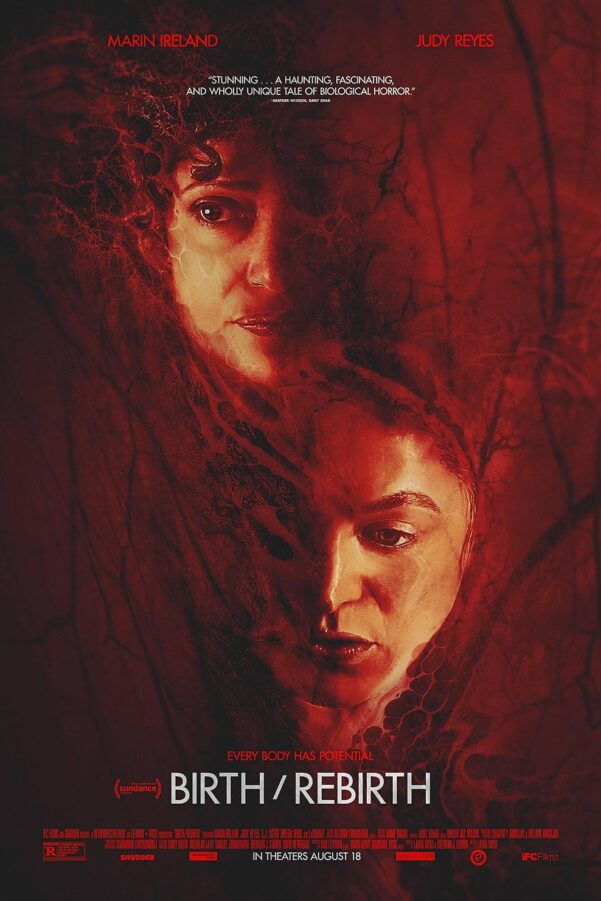
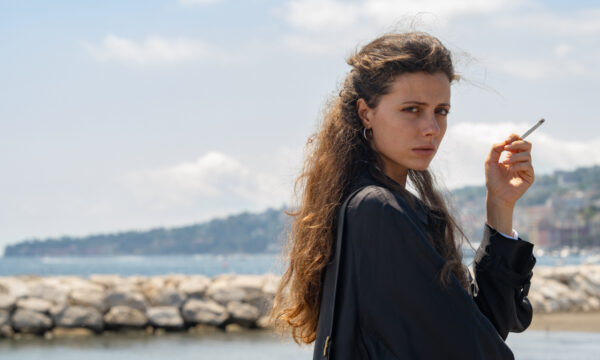
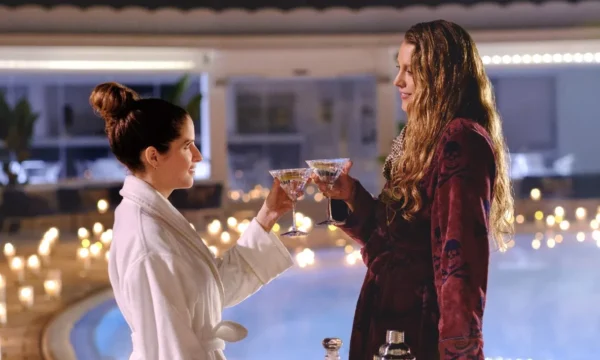




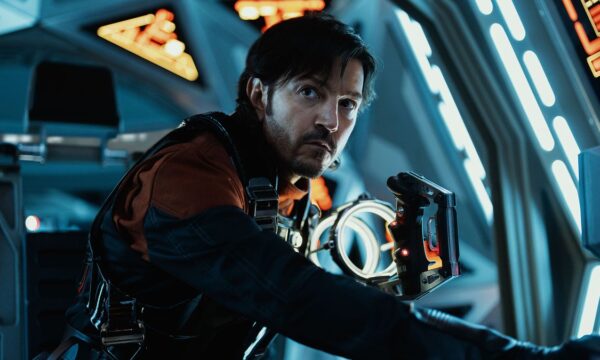







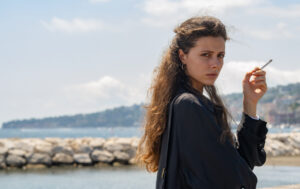
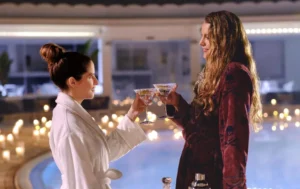

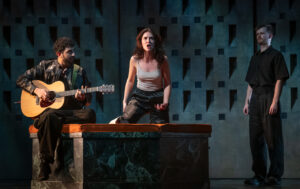




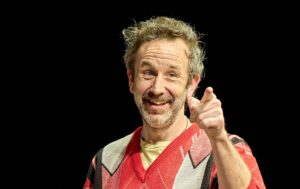
Facebook
Twitter
Instagram
YouTube
RSS